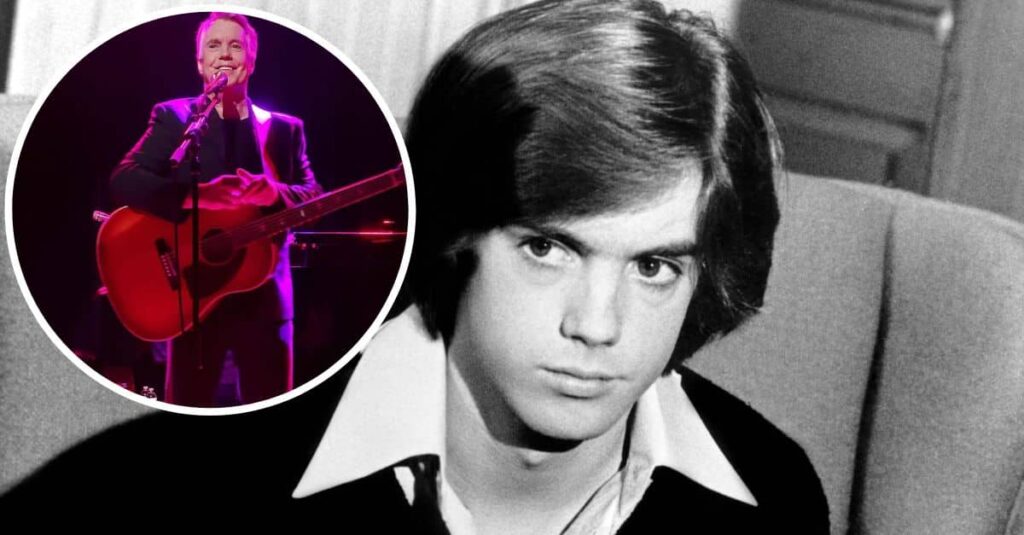
A Teenage Dream Coated in Pop Gloss, Longing to Reignite the Innocence of Belief
When Shaun Cassidy released his version of “Do You Believe in Magic” in 1978, the song joined his gold-certified album Born Late, a record that further cemented Cassidy’s status as a teen idol during the late ’70s pop explosion. Though his cover did not climb the charts with the same force as some of his earlier singles like “Da Doo Ron Ron,” it echoed across bedrooms and roller rinks, an emblem of his shimmering appeal and the era’s hunger for familiar melodies reimagined for new hearts.
Originally penned by John Sebastian and made famous by The Lovin’ Spoonful in 1965, “Do You Believe in Magic” was already a cornerstone of American pop optimism when Cassidy breathed his own adolescent sincerity into it. Sebastian’s original was steeped in the folk-rock sensibility of Greenwich Village’s bohemian bloom, offering a message as direct as it was transcendent: music holds a power akin to alchemy—it transforms, uplifts, and reveals. In Cassidy’s hands, this invocation became something more stylized, more polished, and unmistakably geared toward the youth of the television age.
Cassidy’s interpretation of “Do You Believe in Magic” is not merely a cover; it is a cultural translation. Where the original possessed a troubadour’s wonder, Cassidy’s version arrives dressed in the lush harmonies and crisp production hallmarks of late ’70s pop. It is wrapped in shimmering innocence, propelled by a tempo that insists upon joy, and carried by Cassidy’s earnest vocal—a voice not yet hardened by disillusionment, still capable of believing in what the song earnestly suggests: that magic, particularly the kind found in music, is real if you let it be.
But beneath the sparkle lies a deeper longing. In an era increasingly shaped by disco’s hedonism and punk’s disaffection, Cassidy’s “Do You Believe in Magic” feels almost defiantly sweet. Its lyrics promise a kind of spiritual resurrection through melody—“If you believe in magic, come along with me”—and in Cassidy’s voice, this isn’t just a suggestion. It’s a plea. The song becomes a time capsule of belief: belief in pop music as more than sound, as a shared language of escape, communion, and emotional clarity. Cassidy was no stranger to this role. As the son of Jack Cassidy and younger half-brother of David Cassidy, he was born into the bright machinery of pop stardom. But in this track, he seems less an heir than a true believer.
There is a fragile poignancy to his rendition, a sense that even amid the glitz, Cassidy understood the ephemeral nature of the magic he was invoking. The song, in this light, becomes not just about music’s power to enchant, but about youth’s desperate desire to hold onto that enchantment before it fades into the responsibilities and regrets of adulthood.
In the layered echoes of “Do You Believe in Magic,” we hear not only a cover of a ’60s classic but a young artist trying to recapture—or perhaps preserve—the boundless wonder that made the original so enduring. Through Cassidy’s lens, magic is not a given. It must be believed in to survive. And maybe that’s what makes his version resonate, even now: its fragile, glittering hope that belief itself might be enough.